Disclosure: Meeple Mountain received a free copy of this product in exchange for an honest, unbiased review. This review is not intended to be an endorsement.
What makes a good party game? Higher player counts, of course. Relatively light rules. Something that fosters social interaction. You’re looking for something that tweaks the environment just enough, something that gives it a focal point, but not something so involved that people will stop talking to each other. The goal of a party game, broadly speaking, is for the game itself to disappear into the social interactions surrounding it.When pulled off correctly, party games are wondrous to play, but the very qualities that make them such a delight can also make them difficult to review. Did I have a good time because the game is good, or because I was with the right group of people? Sometimes, the answer is obvious. Just One, Codenames, these are games that introduce some magic into the room. With games like TBH, which advertises itself as “the game of honest answers to outrageous questions,” the answer is less clear.
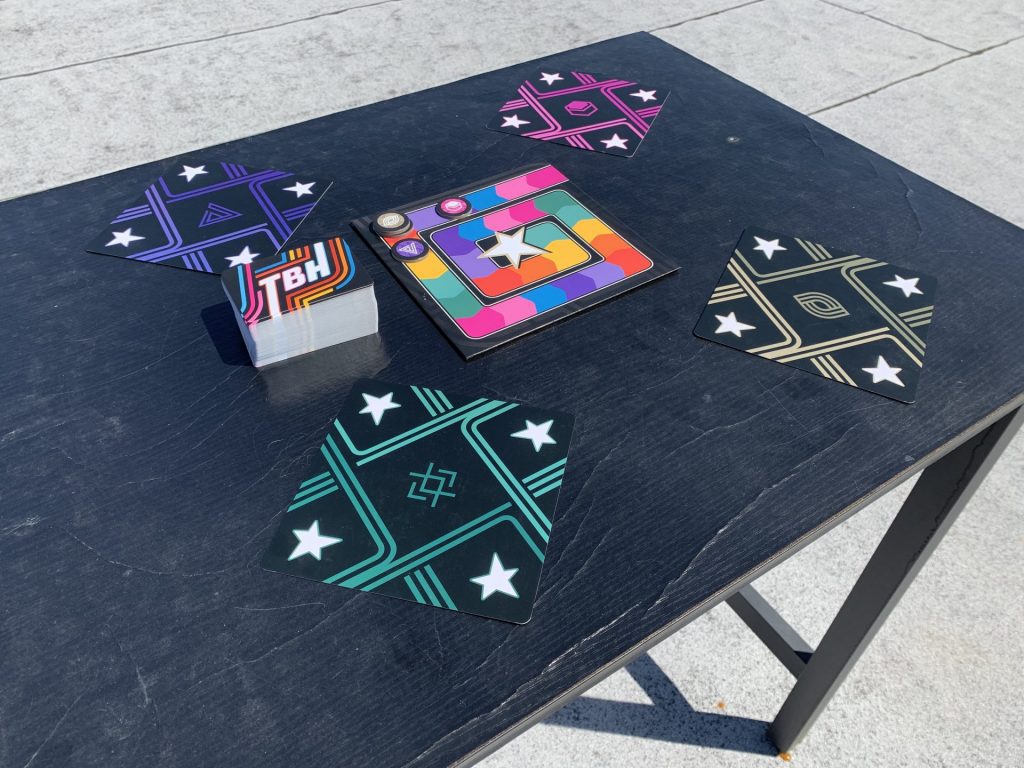
Dilemma Boss
Each turn, a new player becomes the Dilemma Boss—that’s what it says in the manual—who will choose one of two cards drawn from the deck, each of which contains a scenario and a question. They then read the card aloud to the table.
You are walking home from the library when you notice a lot of people maybe looting a store. You’re pretty hungry, and there are some good-looking sandwiches right inside a broken window. Do you grab one?
At this point, the other players can ask clarifying questions. “Is it a chain?” “Do the sandwiches have cheese on them, and do I have Lactaid with me?” “Have I at any point worked for this establishment, and how was I treated?” The Dilemma Boss answers all of these questions with as much specificity as they wish. Players vote Yes or No by placing one of two cards facedown to the middle of their board, then the guessing begins.
Each player has a hand of two Yes and two No cards that are used to predict the answers of their fellow players. You place your cards on other players’ boards, again facedown. Once all the cards have been placed and revealed, players get a varying number of points for correct predictions. The first player to the center of the scoring track wins.
TBH checks all the boxes of a great party game. At 3-8 players, it certainly allows for higher player counts, and it moves just as quickly with seven as it does with three. This may be the first game I’ve ever played where the runtime on the box is a wild overestimation. As evidenced by the three-paragraph summary above, the rules are light. I didn’t leave anything out. You now know how to play this game from beginning to end.
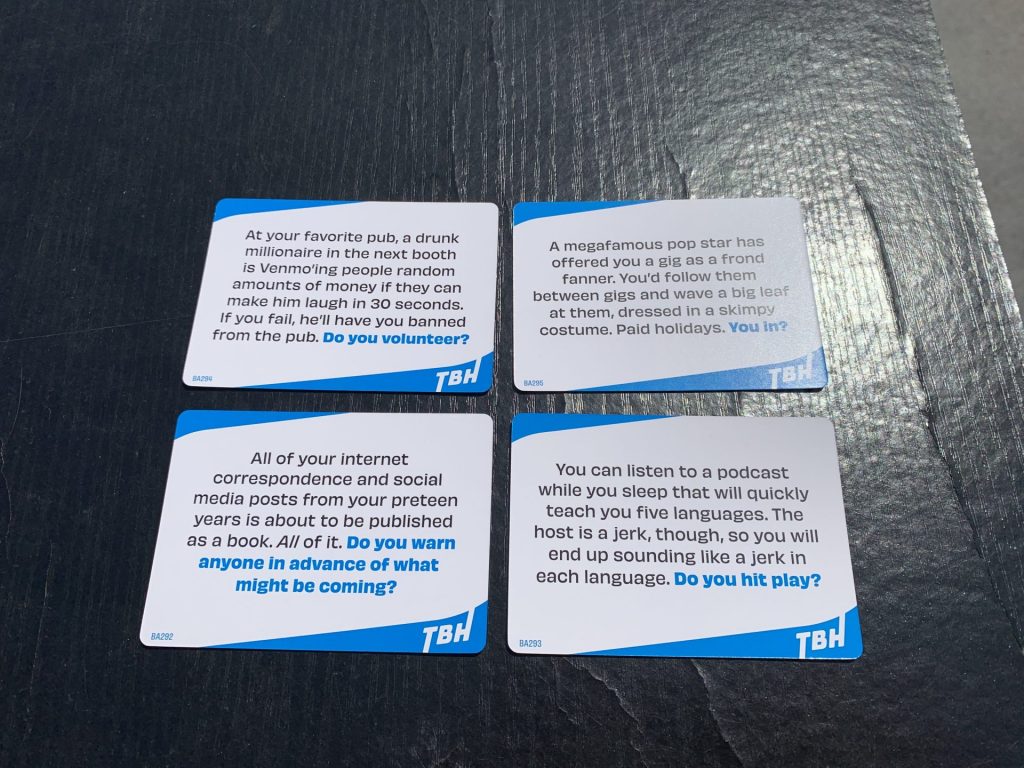
But.
The predicting process doesn’t have much drama to it. Guessing correctly or incorrectly doesn’t elicit a response 95% of the time. The scoring track is an afterthought. The questions in the deck are not all that interesting. You don’t find yourself shocked that somebody broke “yes” when you thought they’d say “no.” I recognize that this is a difficult balance to strike. It would be hard to come up with truly divisive questions without resorting to Cards Against Humanity-like edge lord posturing. I’m glad they didn’t do that.
What fun there is to be had here is in asking clarifying questions, in badgering the Dilemma Boss with specificity. Frank’s question about having Lactaid is the apotheosis of how to have fun while playing TBH. I enjoyed my plays because I had great groups of outgoing and creative people who like giving one another a hard time. I don’t think my experience had much to do with TBH itself.
It reminds me of Libertalia, a game that consistently creates a great play experience despite the game itself not being particularly good. This is something I spend a lot of time thinking about, because it feels like a contradiction. If a game consistently creates the space for great social interactions, that must mean it’s good, right? Isn’t that what games are for?
Welllllll. There are games that create a fun, dynamic social situation without losing sight of having a goal. People care about guesses in Just One and Codenames. People want to win. It’s possible to fashion a game where both the socializing and the gameplay are present. Nobody cares about the tokens in Libertalia. Nobody cares about the answers or the points in TBH. It feels more like having fun around the game rather than through it, which isn’t nearly as satisfying.


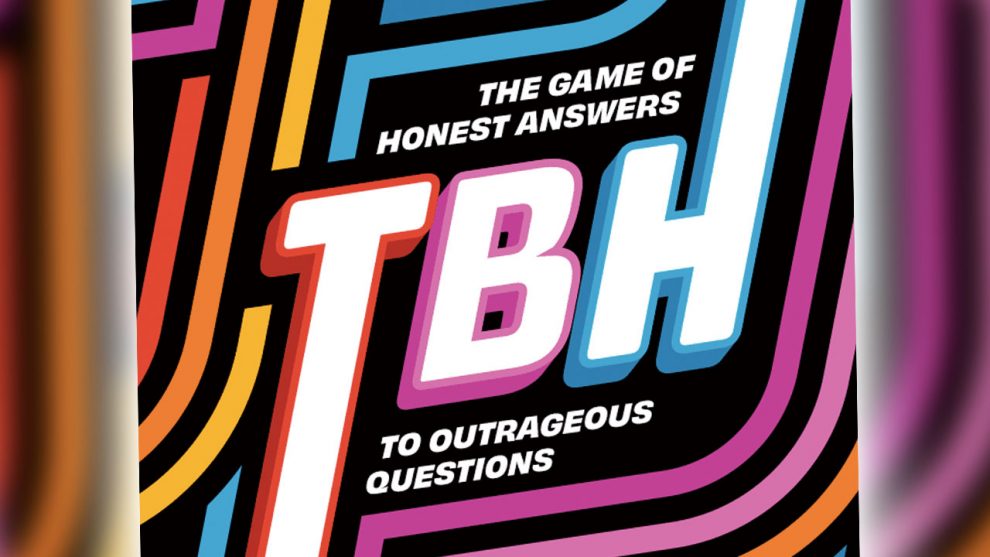
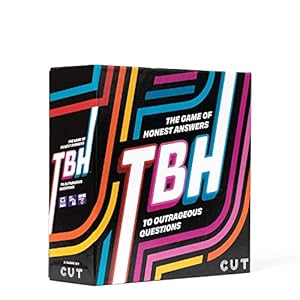
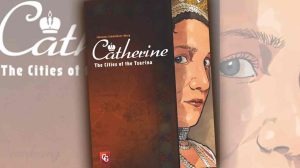
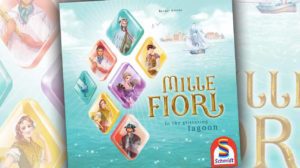
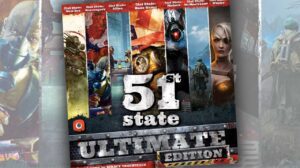





Add Comment